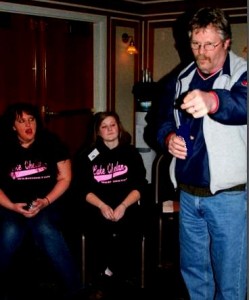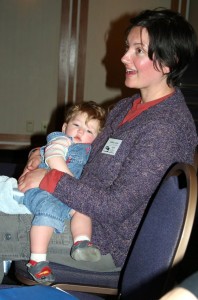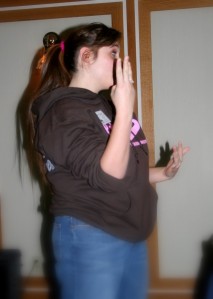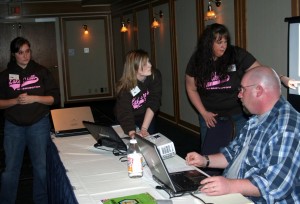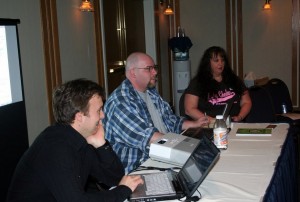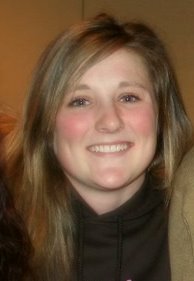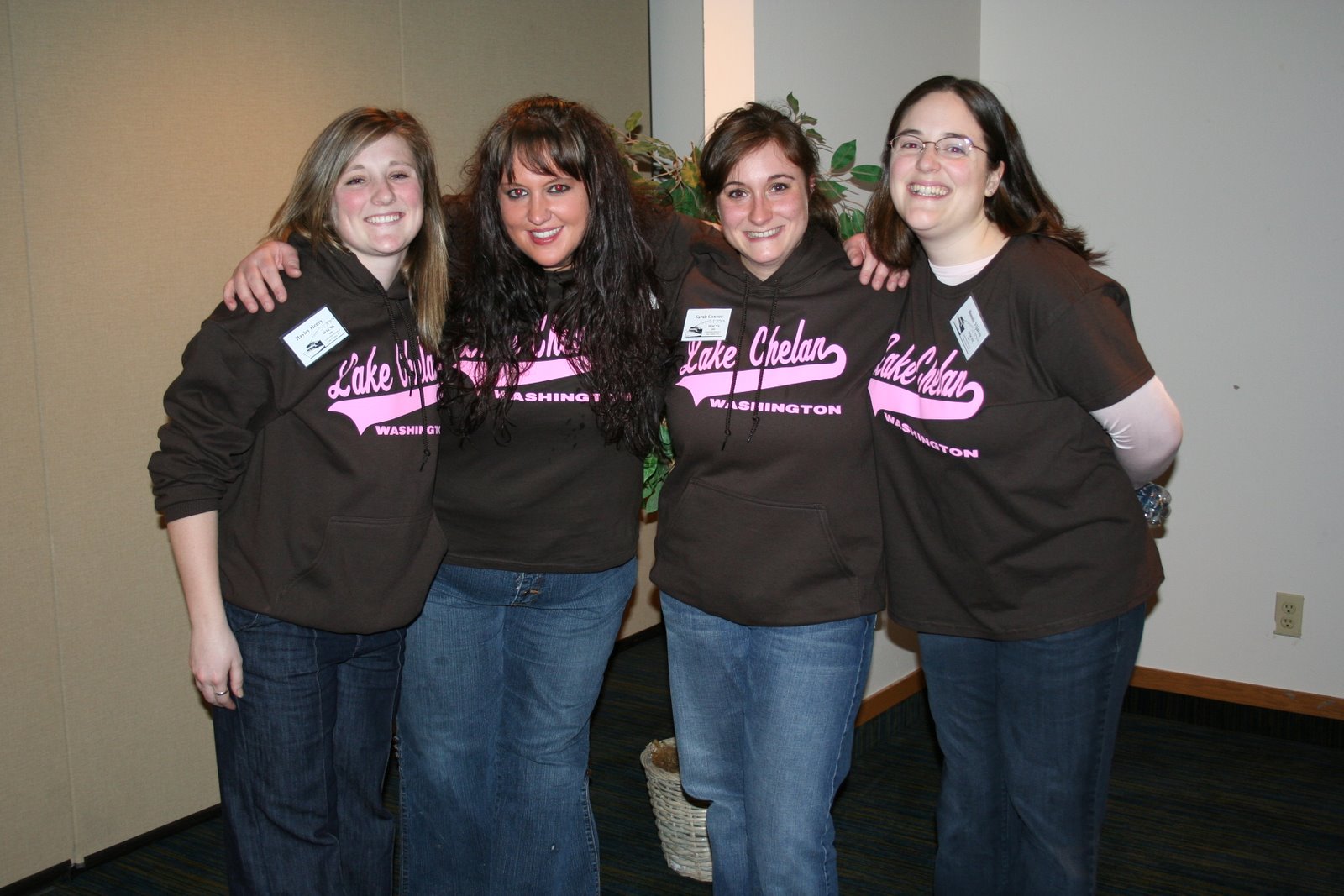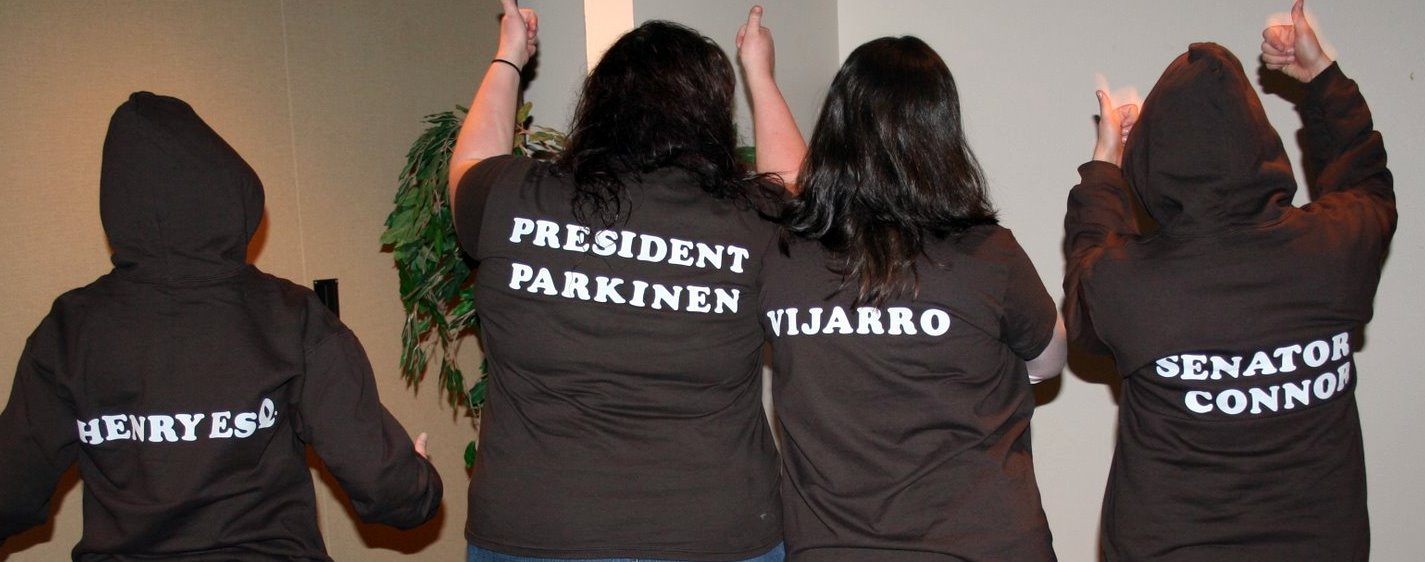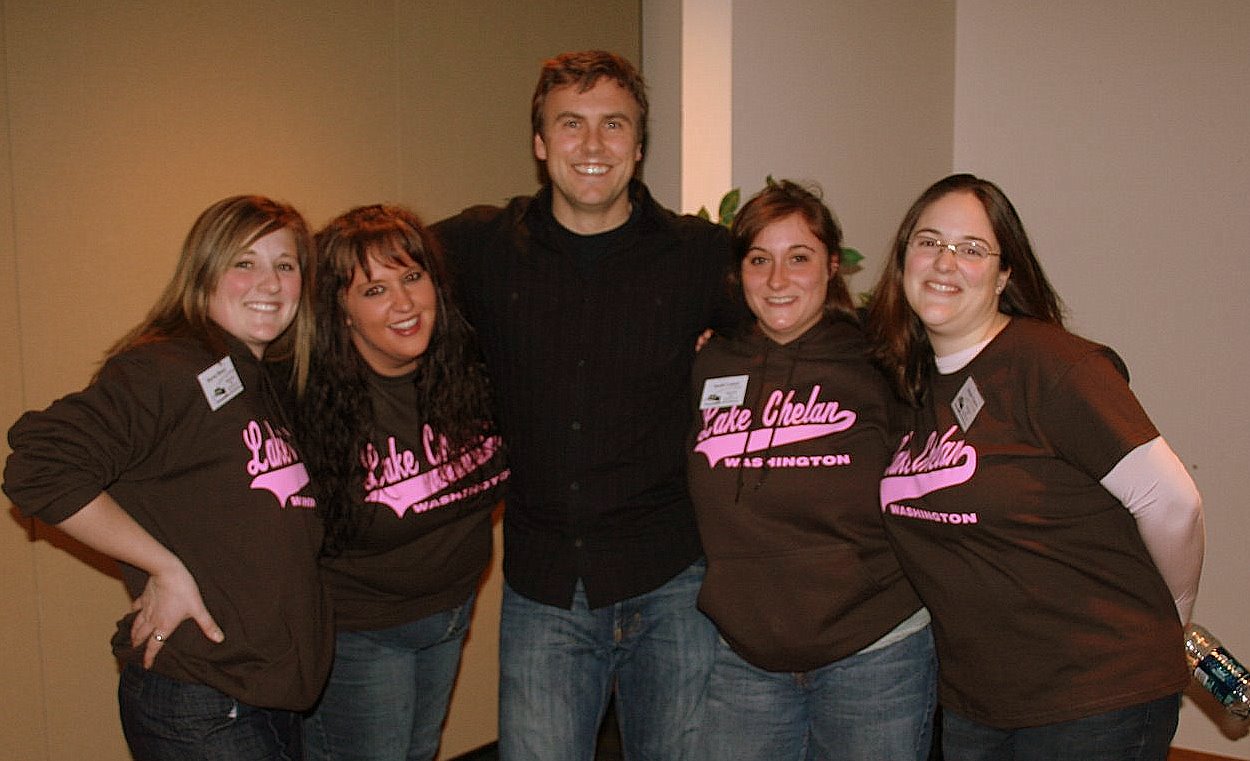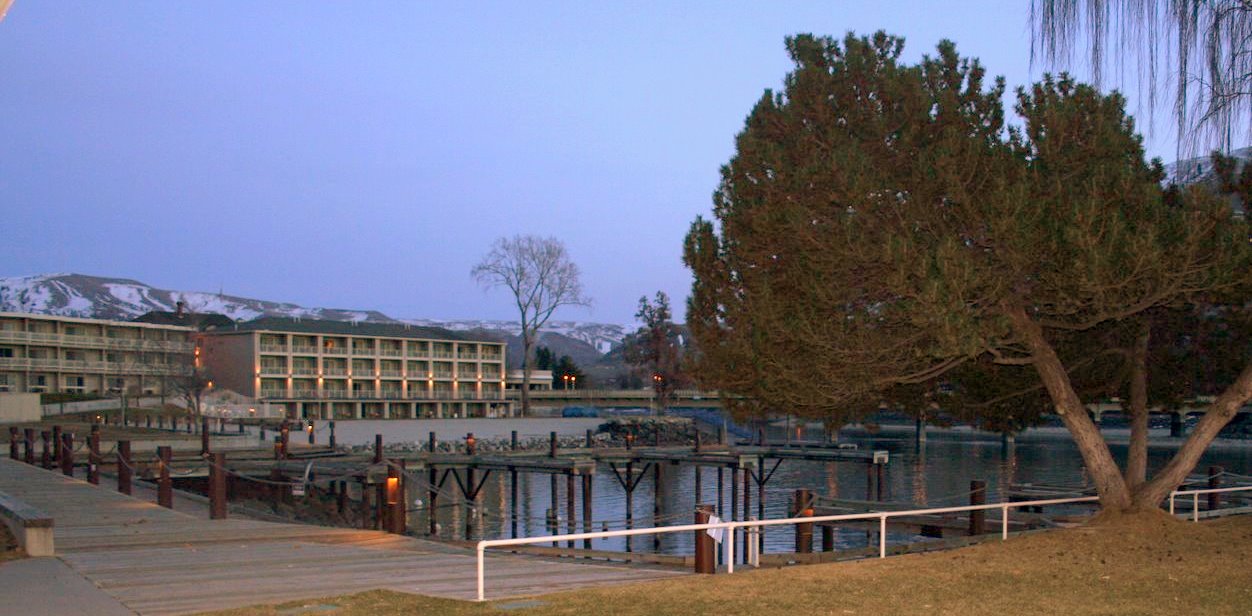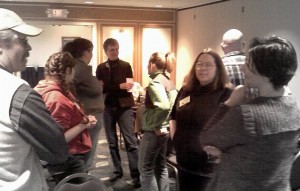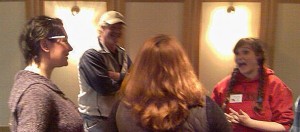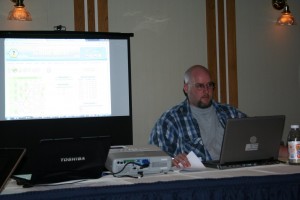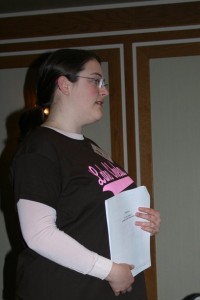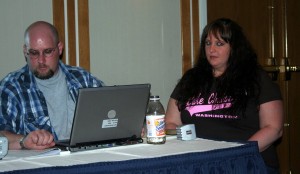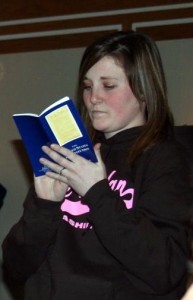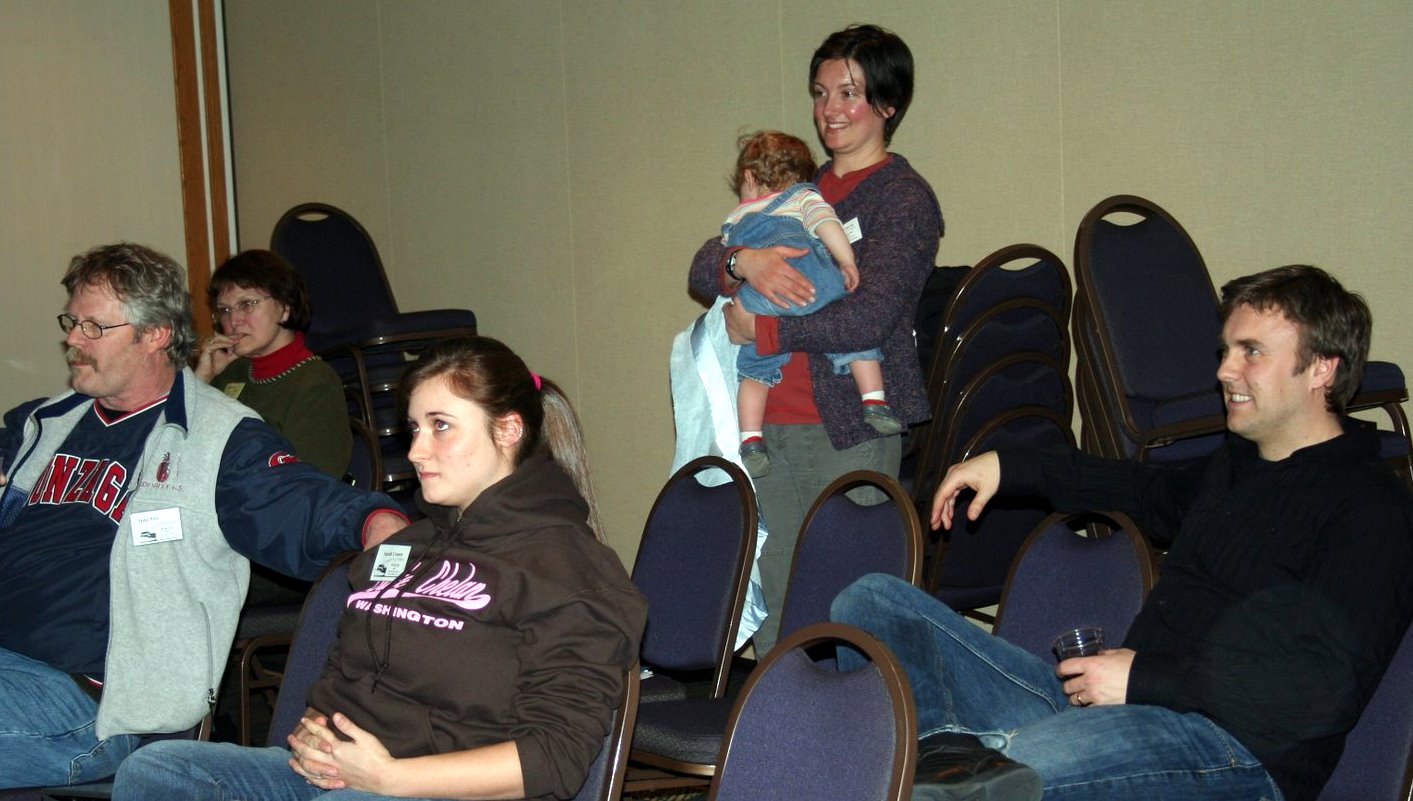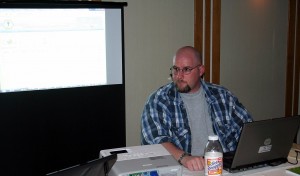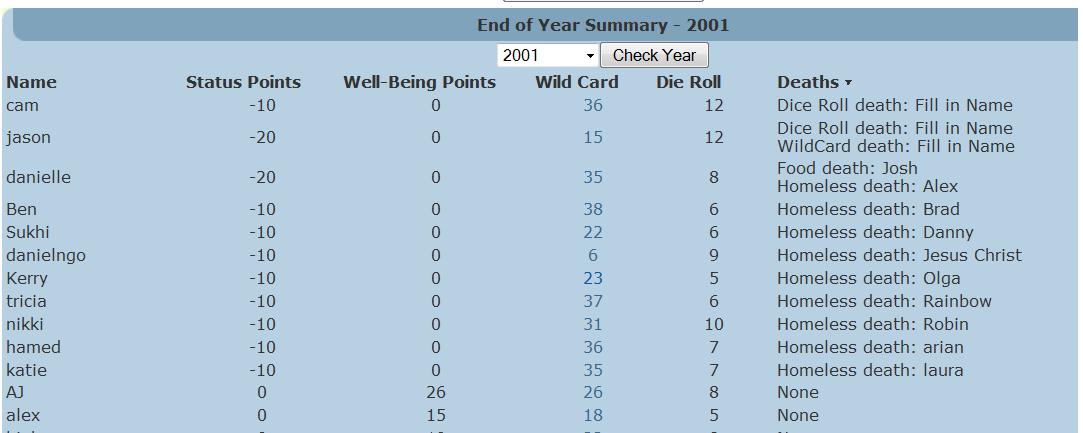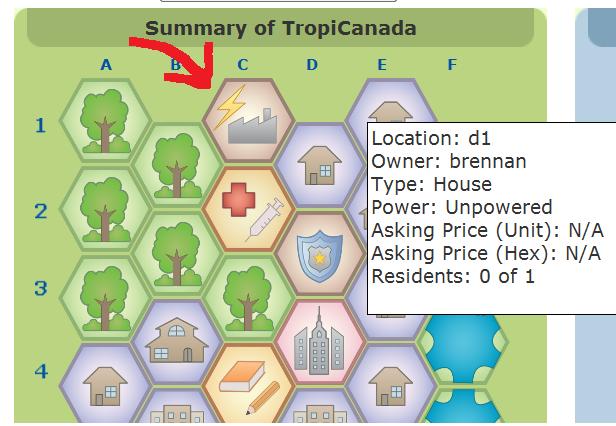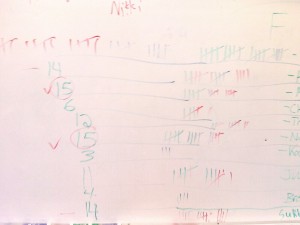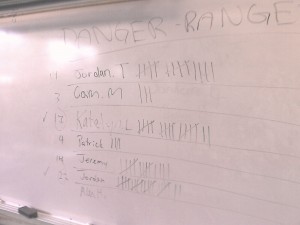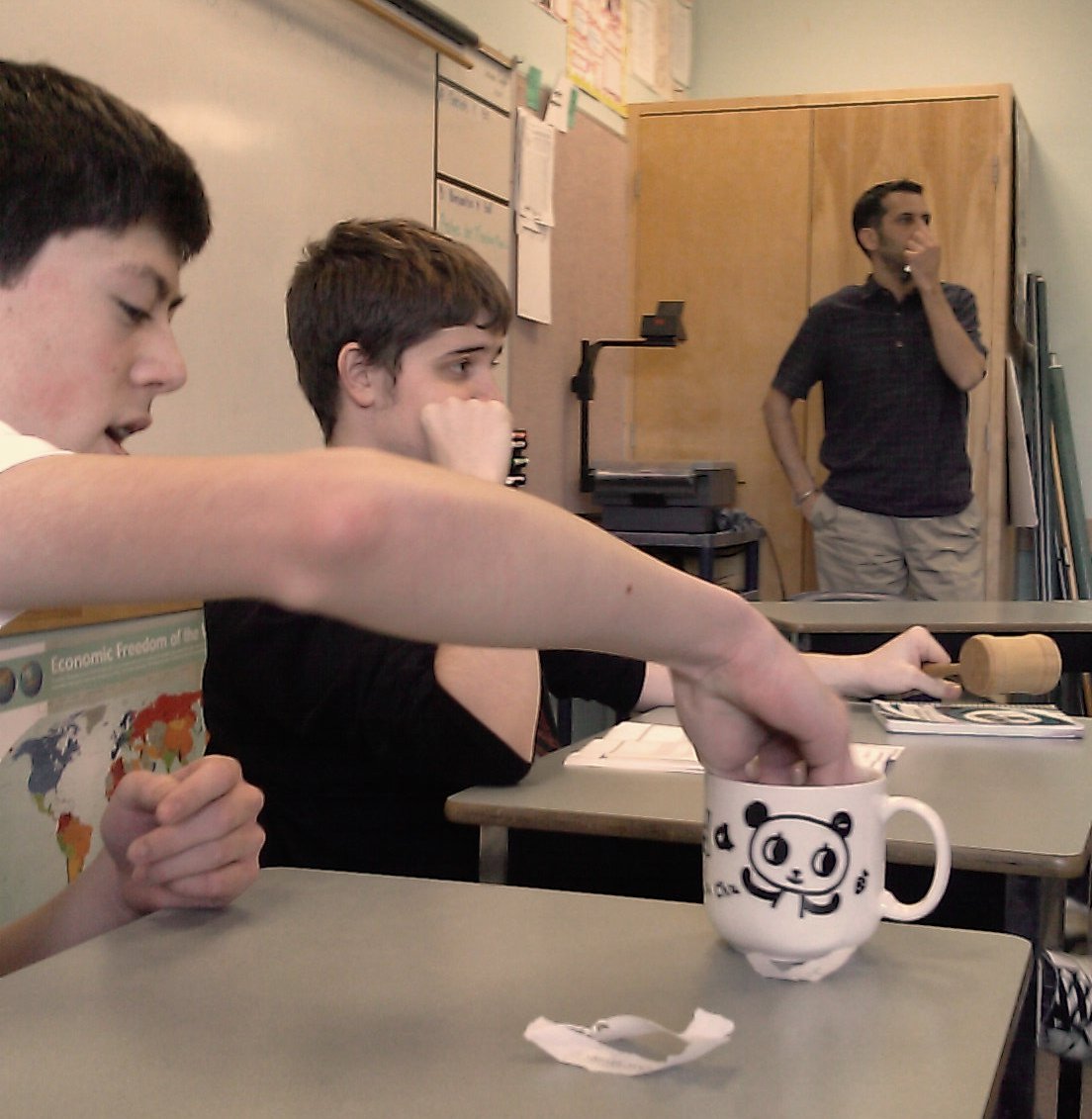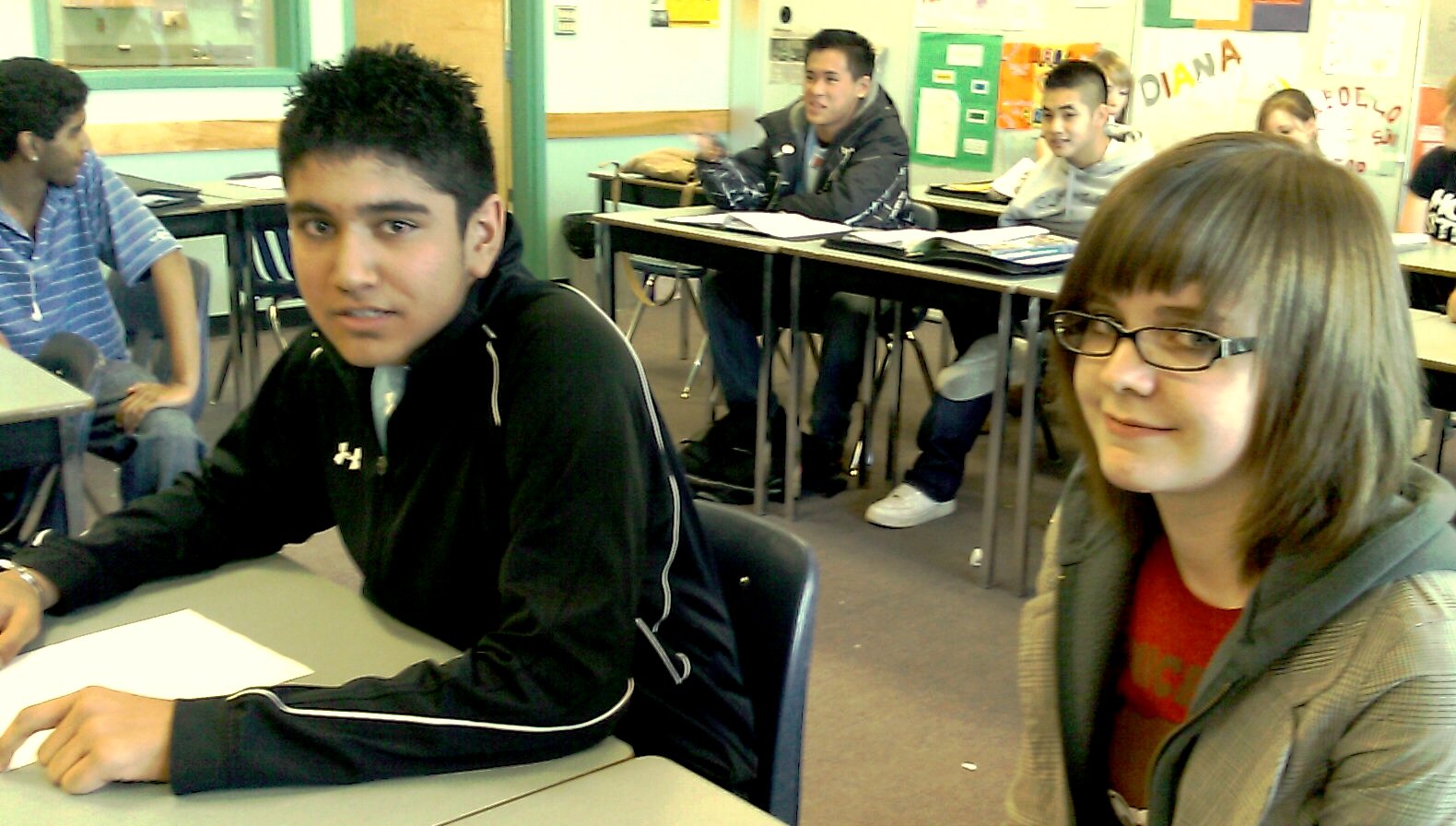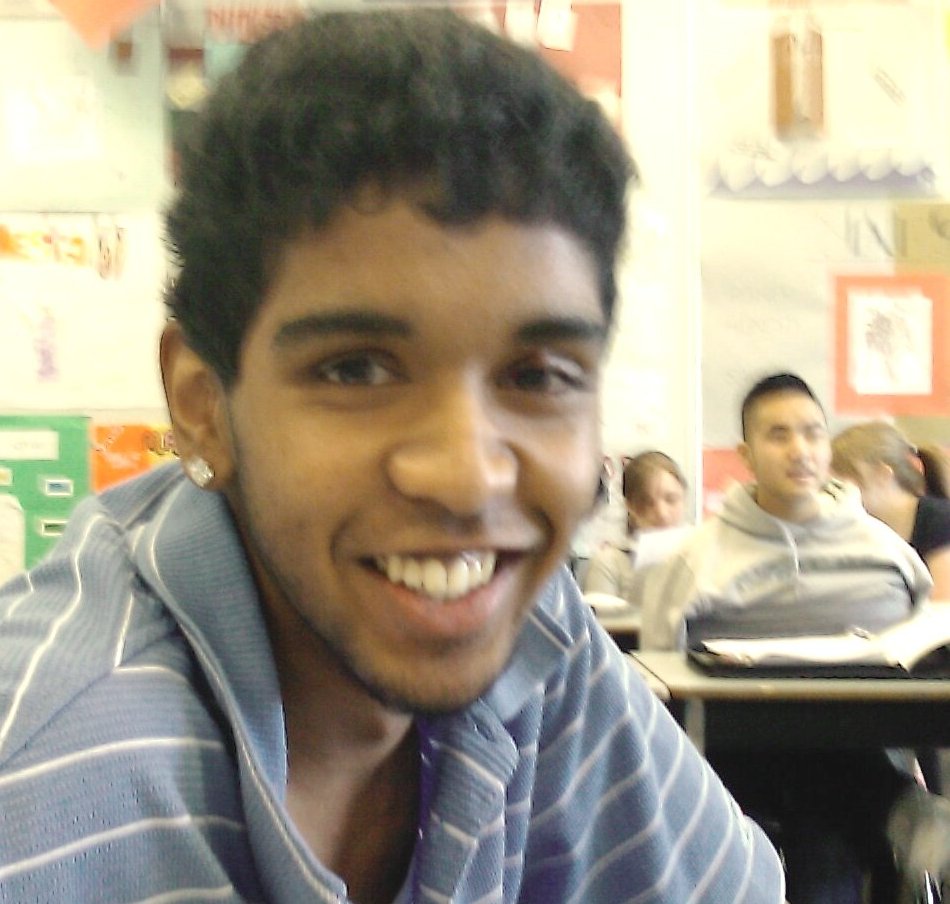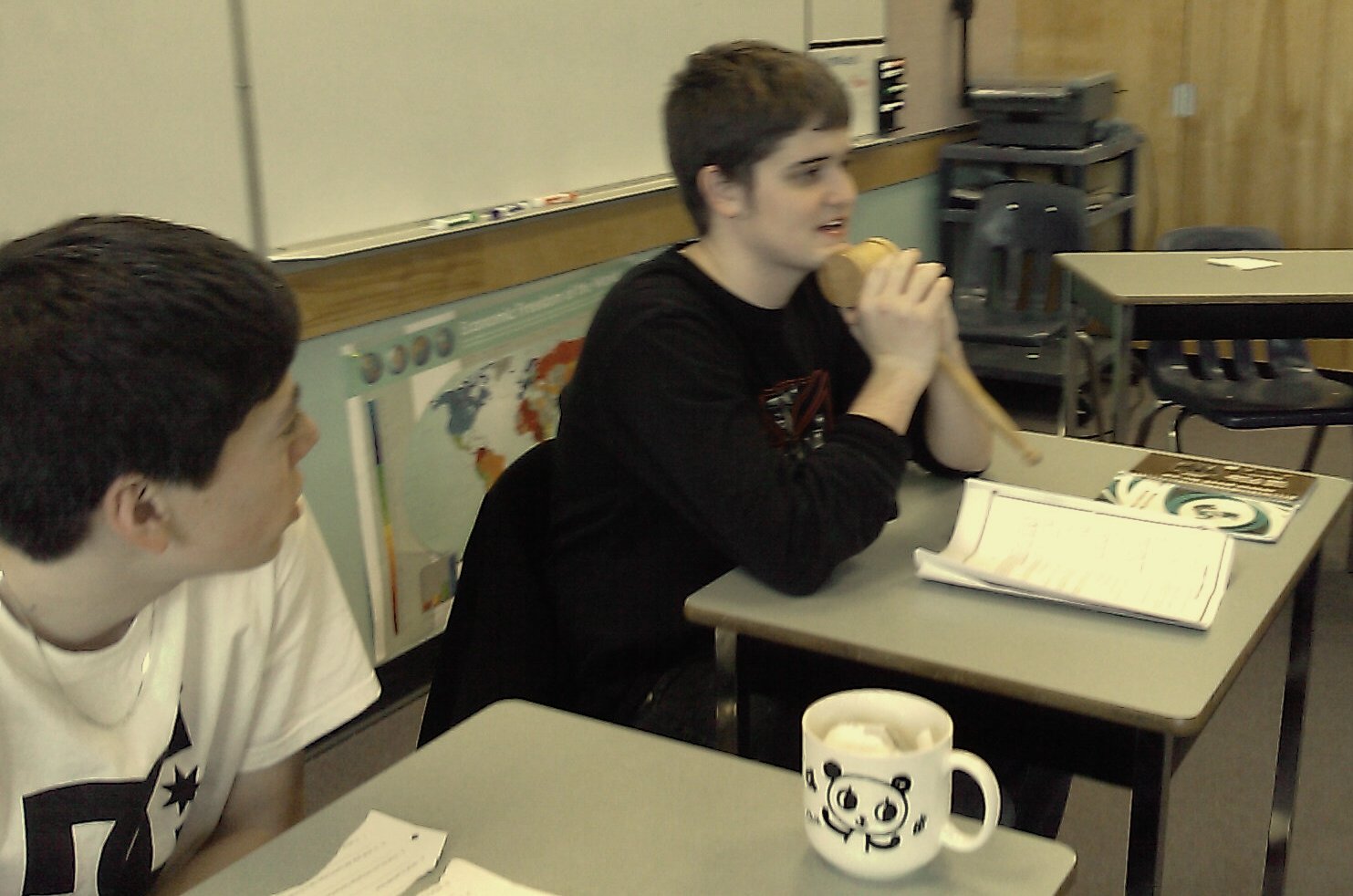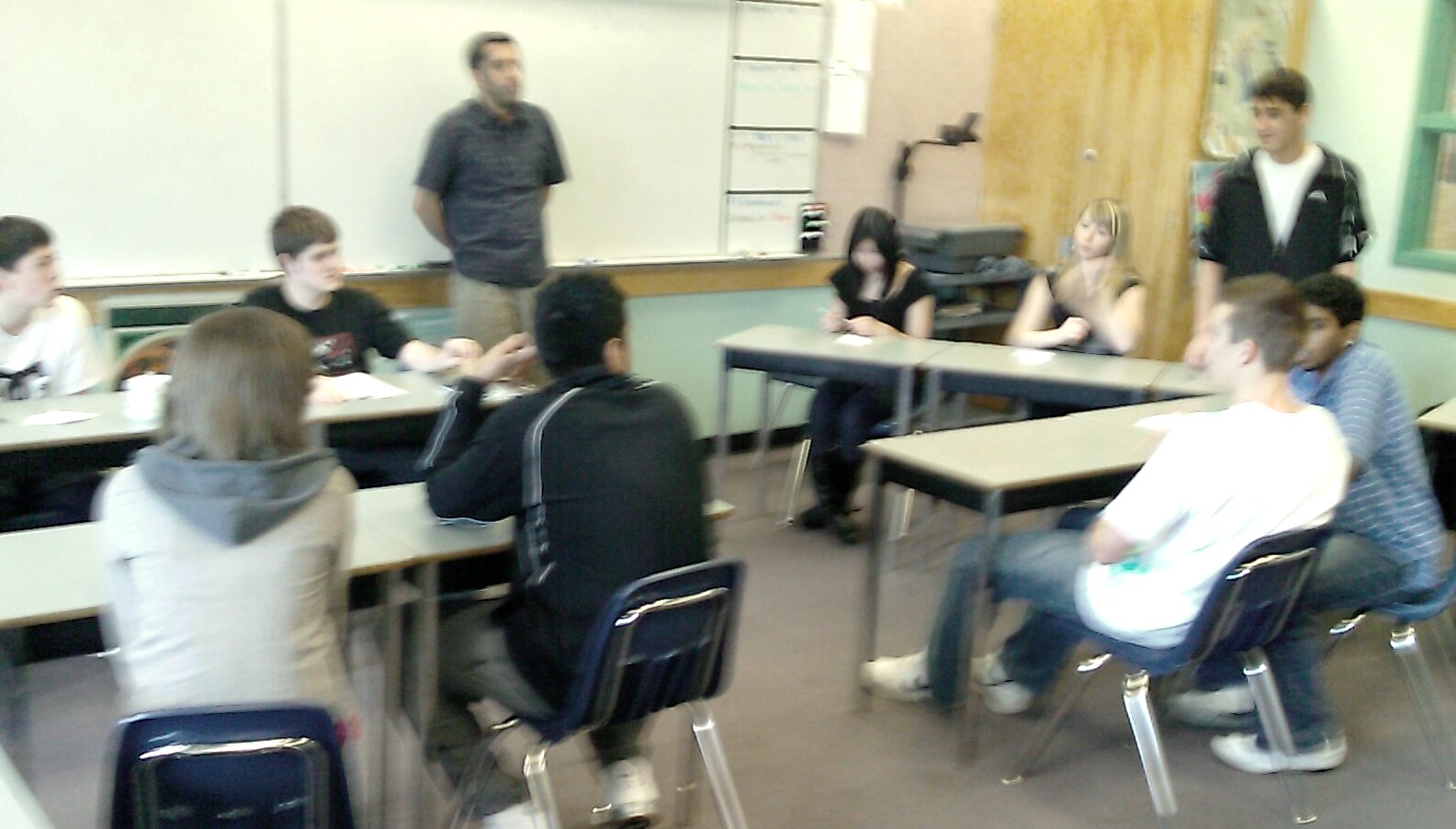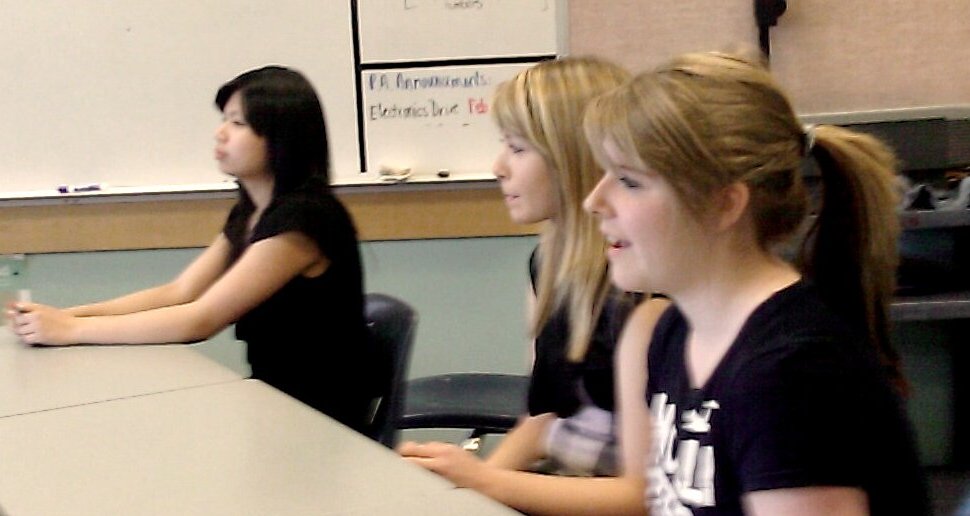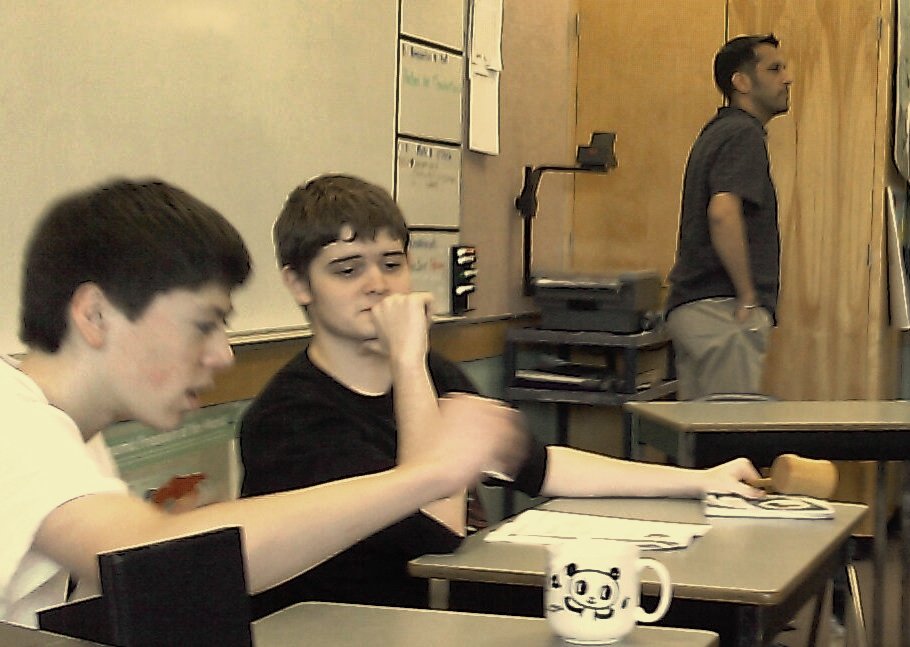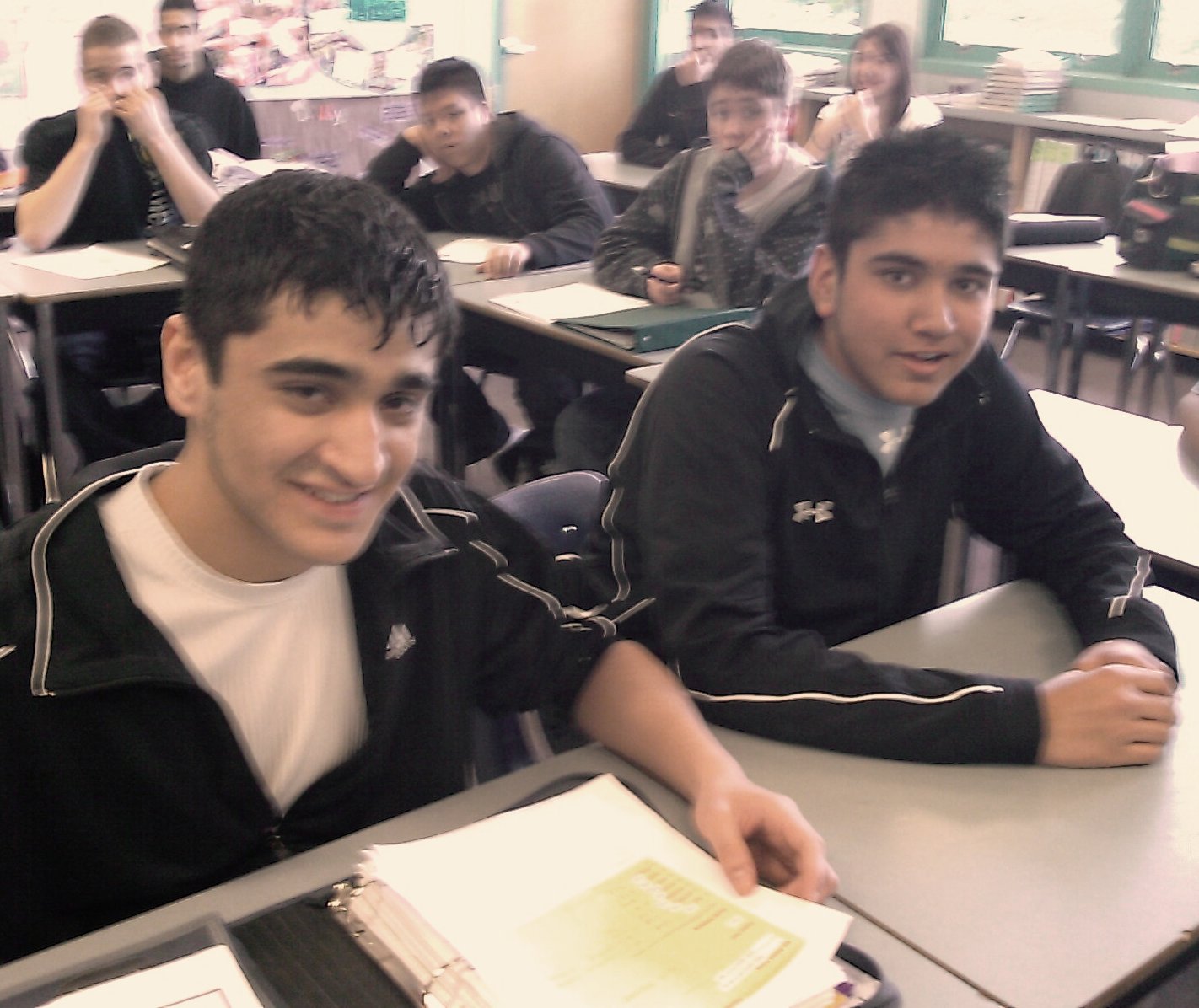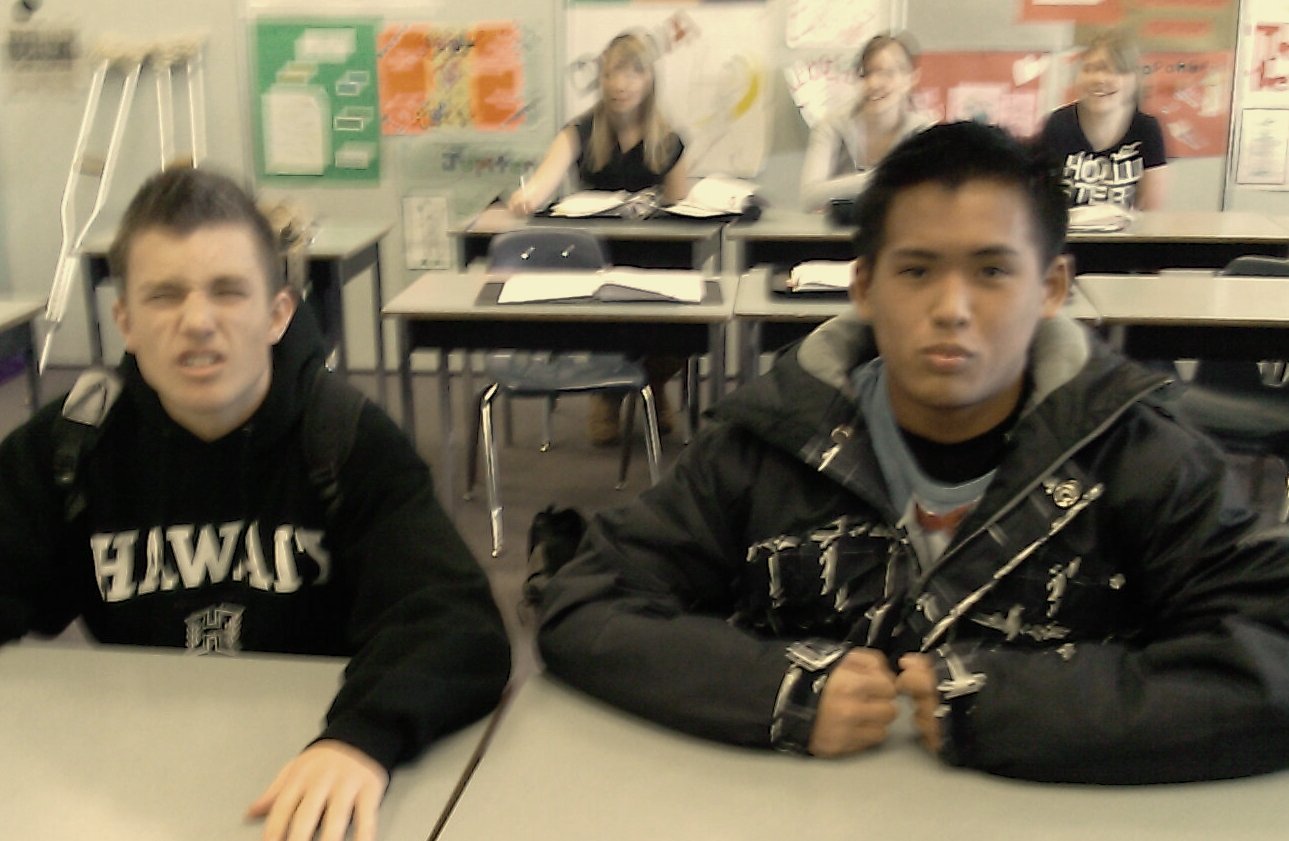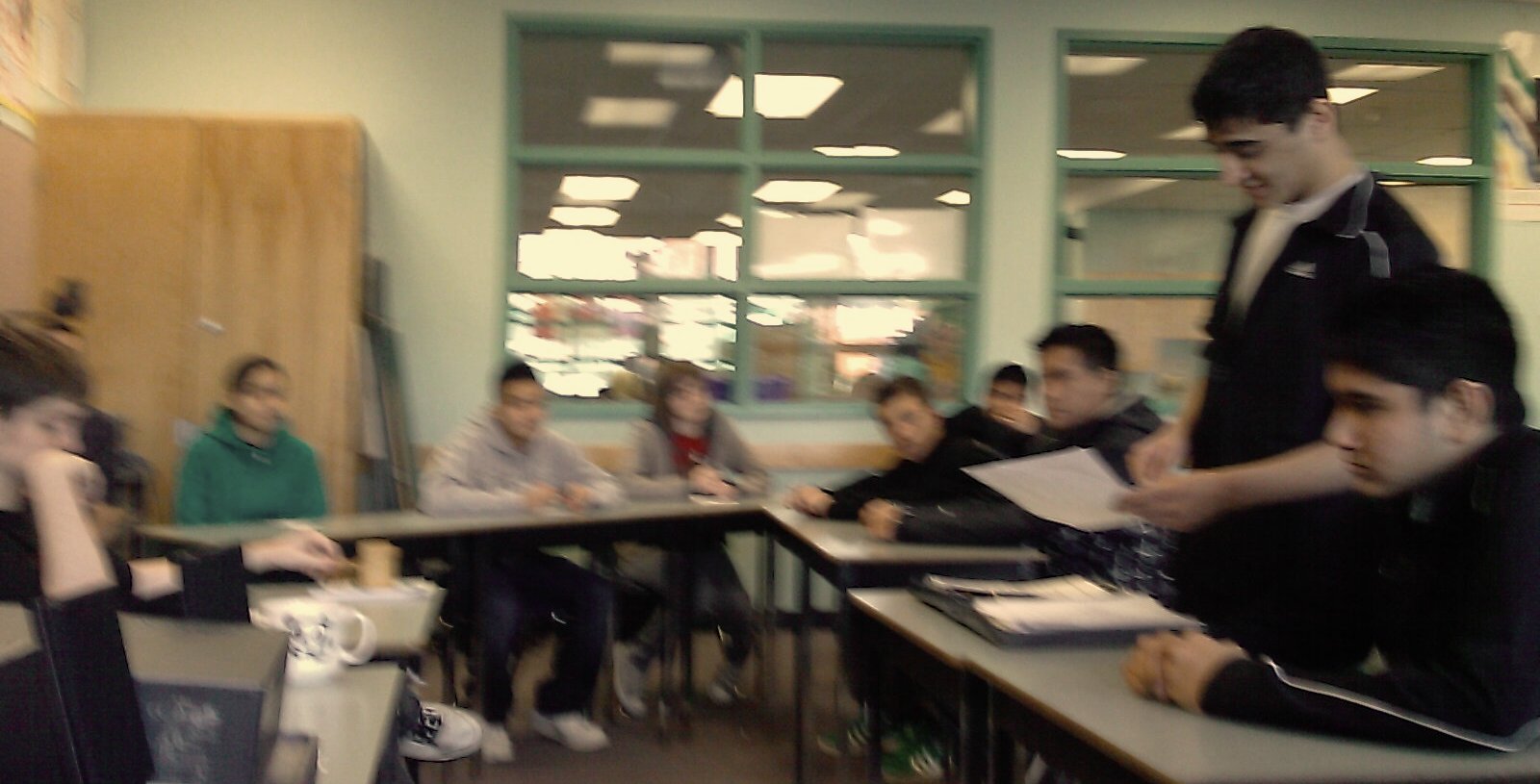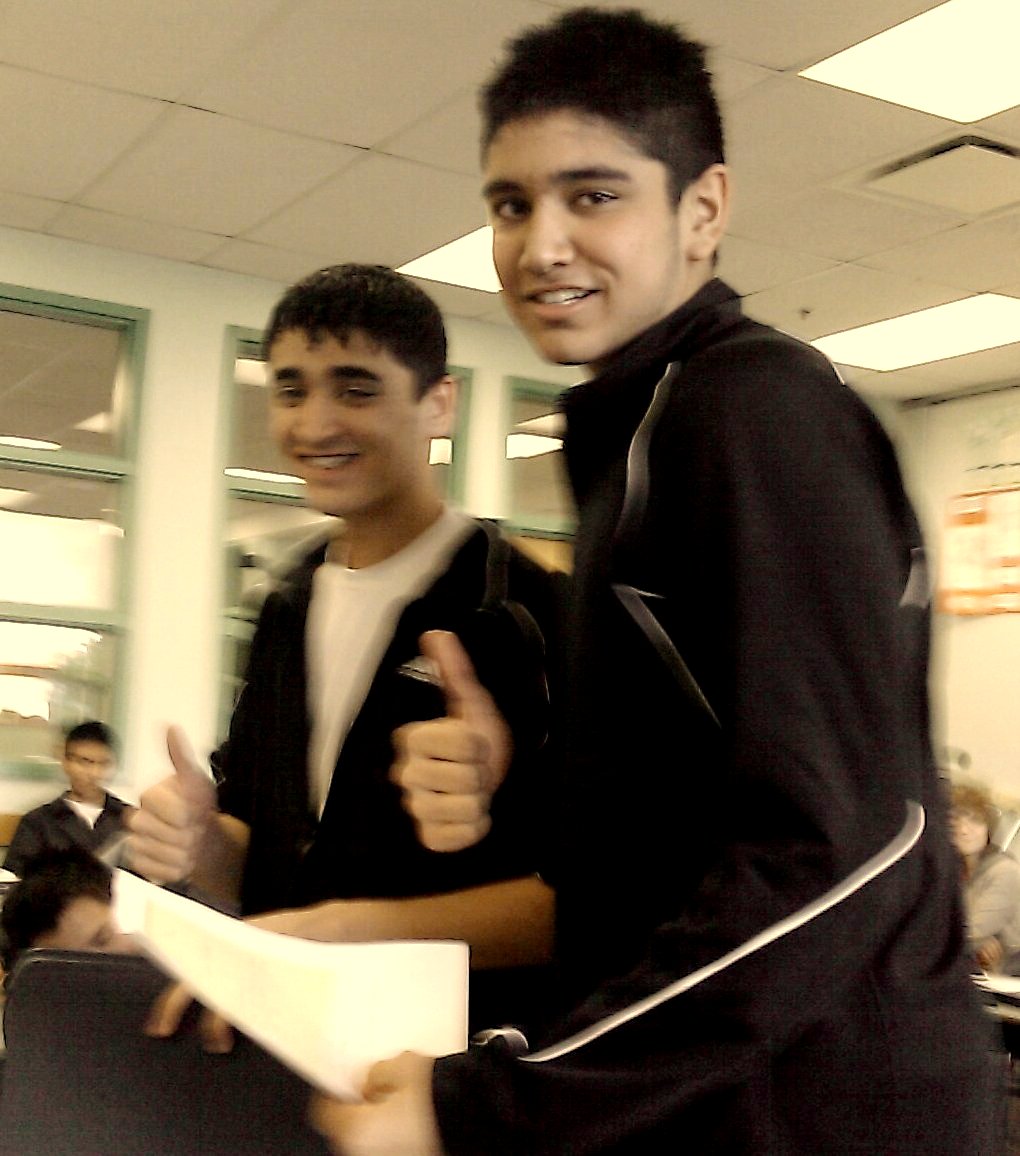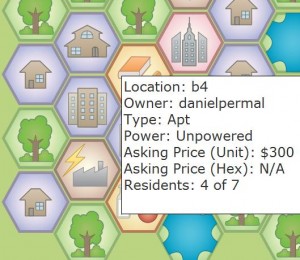In this post Jill Smith, a citizen of Pangea (the Civic Mirror country of Grade 12 students from Shanghai American School), reflects on the tragedy of civic apathy. Hopefully we can all remember Jill’s story when we find ourselves observing situations unfolding for the worst. Her statement that, “(History) is easy to forget” is frighteningly true.
Here’s Jill’s post, and a special thanks to Kevin who, by all accounts from his teacher, carried out his Civic Mirror agenda with maturity and skill … which happened to involve being viewed as a tyrant in order to put stress on Pangea’s democracy:
History Will Repeat Itself ~ by Jill Smith
The lesson that I value the most from my Civic Mirror experience is that if you are not careful history repeats itself.
Before the simulation I, like many other students, sat through history classes confused. How could a war like the Vietnam War happen when so many people were against it? More importantly how could the United States allow the same mistakes to happen again in yet another unpopular war – the War in Iraq? How have corrupt leaders risen to power time and time again in so many countries? How did the holocaust occur? How did the rape of Nanking occur? Why don’t countries learn from their mistakes, and other countries’ mistakes?
The truth is that it is easy to forget. It is easy to not examine events from the past when your country is in danger, or when your county has a leader coming into power that has an impressive ability to convince people of their views. I learned that manipulation is a superpower and that it takes more than one person to identify the manipulation in order to wake a country up.
The country of Pangea – our country – had a modern day Stalin. His name was Kevin. Kevin manipulated “the people” to go along with the many things that they didn’t believe in; things that even went against their hidden agendas. The vast majority of the citizens elected Kevin as president of Pangea, which led to the deaths of 16 people.
During the election a citizen who had once fought with me for the same things – who once had the same values and distrust of Kevin – switched sides and became his biggest supporter. She rambled on about how Kevin was good and why he should be trusted despite the fact that he contributed to the deaths of innocent citizens through over-consumption and breaking contracts that no longer benefited him. Kevin was the only citizen who was sued every year and a lot of the time by more than one person. When this girl spoke I couldn’t understand why people agreed when all I heard was,”Bahhhh!” She was like one of the blind sheep in Animal Farm, a book that everyone in the class including her read earlier in high school. Why didn’t she see it, why didn’t others see it?
I told everyone to stop, take a step back and look at what was happening and think about what he was saying, what his promises were and how he had behaved in the past. Nobody listened. The only people who did not vote for Kevin were already against him in the beginning of the class.
Kevin went power crazy, stole the government hexes, stole the government money, gave himself legal immunity, removed the house, and threatened to destroy all energy hexes if we went against him. We had to get smart and think up how to take him down without killing ourselves. When he created enough destruction to drive his followers away we took him down.
It was too late, history had already repeated itself. Our country was no better than the rest.


